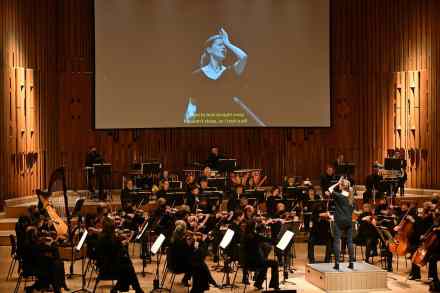Instantly captivating: the mysterious harmonies of Erik Satie
The first time I heard a piece of music by Erik Satie it was on the B-side of a Gary Numan single. Played on a synth that sounds like a theremin sucking on a dummy, ‘Gymnopédie #1’ is so saccharine sweet it actually makes the music seem sorry for itself. And yet. It got me hooked on Satie’s catchy yet sombre ironies. Par for the course, says Ian Penman in this dazzling study. People who know nothing about music beyond the top tens of their teens can be so ‘instantly beguiled, captivated and transported’ by Satie that his ‘pop single length’ works are ‘now part of some collective audio memory’.




